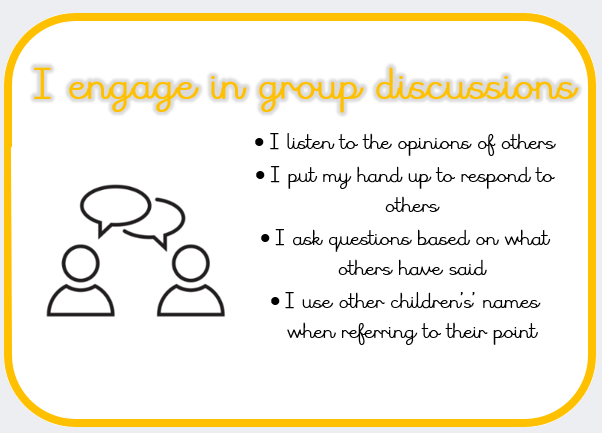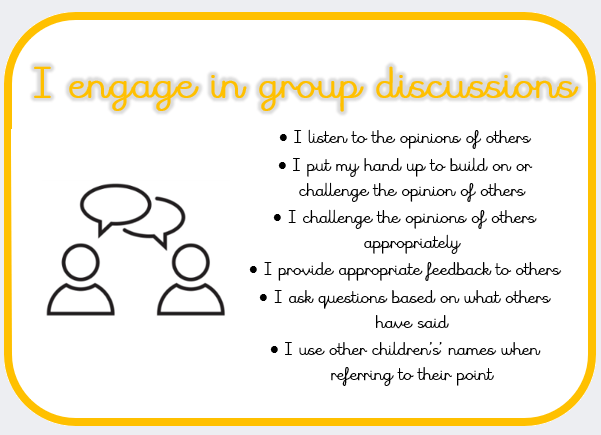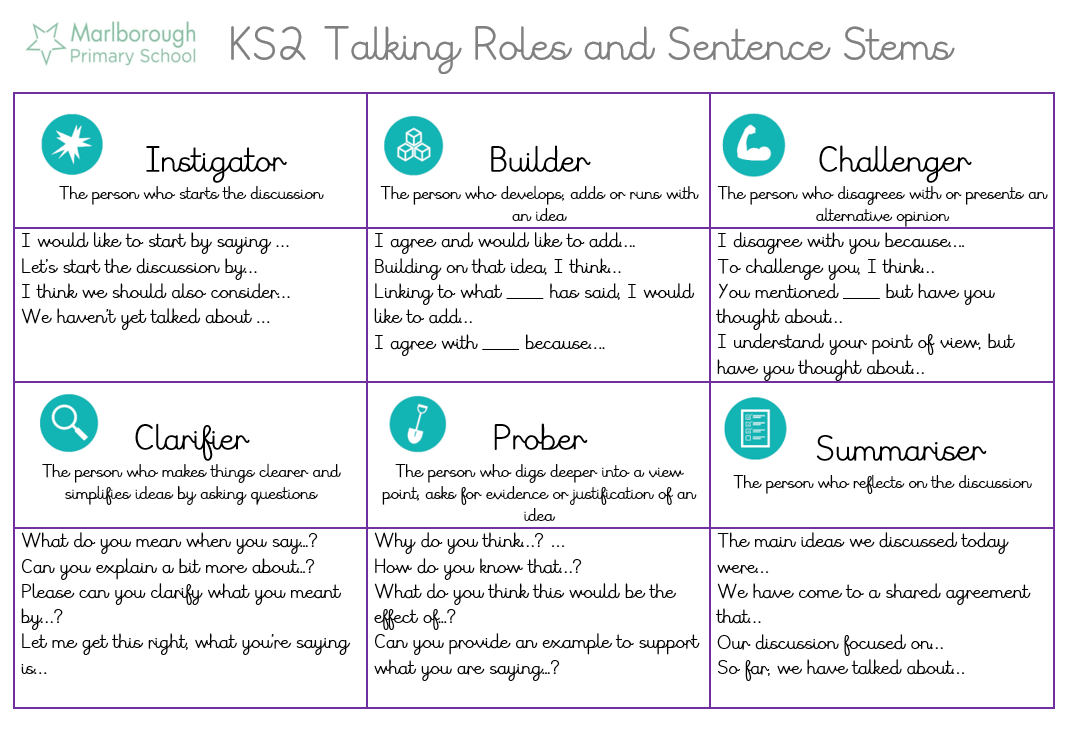English at Marlborough Primary School
At Marlborough Primary School we have created an English curriculum to ensure our children develop a love of reading, writing and discussion. Our aim is for ALL children to access a range of learning opportunities to achieve their full potential in English. We believe that a thorough grasp of literacy skills is essential to making excellent progress and will give our children the skills they need to contribute fully to society. Engaging and exciting novels are used to capture the interests of children and carefully planned lessons are taught to allow pupils to write in a wide variety of contexts. All aspects of English are taught in line with the Primary National Curriculum.
National curriculum in England: English Programmes of Study
Phonics
We use Read Write Inc. Phonics (RWI) to give our children the best possible start with their reading and writing.
RWI is a phonics programme which helps children to learn to read fluently and at speed, so they can focus on developing their skills in comprehension, vocabulary and spelling. The programme is designed for children aged 4-7, however, at Marlborough, we begin the programme in Nursery and continue teaching RWI beyond the age of 7, if any of our learners need further support in their reading.
Phonics - Intent, Implementation and Impact
Parents and Carers Guide To Phonics
------------------------------------------------------------------------------------------------------------------------------
Reading
At Marlborough Primary, reading is at the forefront of our curriculum and appears regularly within our timetables and across the school day. Our goal is to ensure that by the time children leave school they acquire the reading skills and language knowledge to read increasingly complex books and are fluent, confident, lifelong readers who read for pleasure and for information. As a school we are determined that every child learns to read. We prioritise how to read in order to ‘read to learn’, focusing on both word reading and comprehension as children progress through school. To ensure that children can access the curriculum, we place a high focus on ‘learning to read’ starting from our foundation stages.
Children regularly hear good modelling from staff members through sharing of a class novel. Pupils will experience a variety of texts and will be taught to appreciate a range of styles, genres and themes, including those of other cultures and opportunities for cross-curricular work will be taken. We actively encourage children’s interest in books by creating an inviting atmosphere in which to read and provide a wide range of different reading material available. All classrooms provide a range of age appropriate and level appropriate high quality texts, which children can read regularly within a designated class time.
Pupils receive the age appropriate teaching of reading skills:
EYFS
Daily Letters and Sounds
Read Write Inc.
Guided Reading
Daily Story Time
KS1
Daily Read Write Inc
Guided Reading sessions
Class Novels
Discrete Reading Comprehension lessons (Year 2 VIPERs)
Daily Story Time
KS2
Daily Guided Reading sessions
Discrete Reading Comprehension lessons (VIPERs)
Class Novels
Daily Story Time
High-quality and ambitious texts are used to support our Guided Reading lessons. In addition to the skill being taught that day, fluency is a focus in every lesson. The children experience modelled reading, paired reading and independent reading. Questioning within guided reading and reading comprehension lessons focus on reading fluency, linguistic knowledge and knowledge of the world, themes and conventions, comprehension, inference and language for effect.
From the very start, children at Marlborough Primary School are encouraged to have a love of books and reading. Every child takes home a home reading book which is well matched to their reading stage and we encourage parents to record in a home reading diary every day when they have heard their child read. Children also have access to our wonderful school library where they choose from a wide range of books that can be enjoyed at home.
5-A-Day
The importance of reading for the education and overall life opportunities for children cannot be overstated. With this in mind, we strive to ensure that reading permeates throughout our school day, with multiple opportunities given for children to engage with texts or apply skills associated with reading. As a result, we developed a ‘Five-a-day’ approach to reading – in other words every child is given five distinct reading opportunities (at least) through the course of a typical day:
- Early morning reading – Children given opportunities to read on arrival at school. Every child will read with a member of staff at least once a week. The lowest 20% & target children read with an adult every day, when possible.
- Assemblies – Children exposed to further stories of current affairs and SMSC themes. We also celebrate reading in award assemblies, where children have the opportunity to win books to read for pleasure at home.
- Reading lessons – Children to take part in RWI or Guided Reading sessions every day.
- Curriculum subjects – Children have linked texts and books available for all subjects in their class library and are often used within lesson time.
- Story time – Time to read the class novel from our Reading Spine. During Daily Storytime, our children are encouraged to establish an appreciation and love of reading.
We believe that regular opportunities for children to be immersed in reading and reading skills through high quality texts, in an environment that promotes and celebrates reading, helps craft independent thinkers who share our love of books and develops reading fluency.
Children in Years 3, 4, 5 and 6 also have regular Reading Plus sessions to improve reading efficiency and fluency. Reading Plus is an online reading programme, which supports children to become curious, confident, lifelong readers. It accelerates each child’s reading achievement through personalised instruction and intervention.
Reading - Intent, Implementation and Impact
Click to view our full Story Time Reading Spine
------------------------------------------------------------------------------------------------------------------------------
 Writing
Writing
Here at Marlborough Primary School, high-quality, progressive class texts have been carefully chosen for our learners to study, knowing that they will challenge and inspire children’s thinking. These texts include fiction, non-fiction and poetry. We follow the Marlborough Long Term Planning & Assessment Key Performance Indicators document, which identifies the key texts and main writing outcomes for each year group. These texts are the main driver for the teaching of writing. Our pupils study different genres of writing and are given opportunities to produce a variety of different text types. We want pupils to acquire a wide vocabulary, a solid understanding of grammar and be able to spell new words by effectively applying the spelling patterns and rules they learn throughout their time in primary school. We want them to write clearly, accurately, coherently, and creatively - adapting their language and style for a range of meaningful contexts, purposes and audiences.
We believe that equipping children with the skills and knowledge to write, and a love of doing so, is one of the key aspects in allowing our children to achieve of their journey through education and beyond that. With this in the forefront of our minds and implementing the writing process our children follow throughout school, children will acquire and learn the skills to plan, draft, refine and transform their written work over time. They are encouraged to develop independence in being able to identify their own areas for improvement in all pieces of writing and our progressive curriculum allows them to continually build upon taught skills.
Handwriting & Presentation
We believe that all pupils should be encouraged to take pride in the presentation of their writing. We use Letter-join to support the teaching of handwriting. Our pupils can log in to the Letter-join website on iPads and tablets, as well as on desktop and laptop computers at home. By clicking here (iPads and tablets) or here (desktop and laptop computers), you will find the same, easy-to-use handwriting resources that we use at school.
Writing - Intent, Implementation and Impact
------------------------------------------------------------------------------------------------------------------------------
Grammar, Punctuation & Spelling
For grammar and punctuation, we follow the progressive objectives outlined in the Classroom Secrets scheme which are in line with the National Curriculum. G.P.S is taught daily through lesson starters and is an integral part of our teaching sequence. Within our timetable, G.P.S is also taught weekly, which allows children to be explicitly taught the skills they need to gain a sound a secure understanding of different grammatical techniques, punctuation and spelling rules. Where possible, G.P.S tasks are linked to the texts being studied in class, which allows the children to independently apply them within their writing too.
For spelling, we follow the Spelling Shed scheme. To practise weekly spellings in a fun and interactive way, the children have individual Spelling Shed logins. This online programme enables the children to practise at different levels individually and also to compete against others in the class.
Spelling Shed can be accessed here.
------------------------------------------------------------------------------------------------------------------------------
Oracy
At Marlborough Primary School we believe that oracy is vital to our pupils developing as learners and being creative and critical thinkers. We want all children to have a voice, whilst empowering them to speak effectively, express themselves confidently whilst listening and responding attentively, and then being able to transfer and develop these skills through a variety of opportunities and experiences.
Oracy is the ability to articulate ideas, develop understanding and engage with others through spoken language. Oracy develops students' confidence, articulacy and capacity to learn. (Voice 21)
Throughout the school, opportunities to develop pupil’s spoken language in a range of contexts underpins the development of reading and writing. Pupils are encouraged to speak clearly, confidently and with expression in order to communicate their ideas and feelings. They are taught to understand and use the conventions for discussion and debate. Pupils develop their ability to explain their understanding of books and other reading, and to prepare their ideas before they write. They are encouraged to discuss their ideas in order to make sense of their learning.
Oracy - Intent, Implementation and Impact
Key Stage 1


Key Stage 2

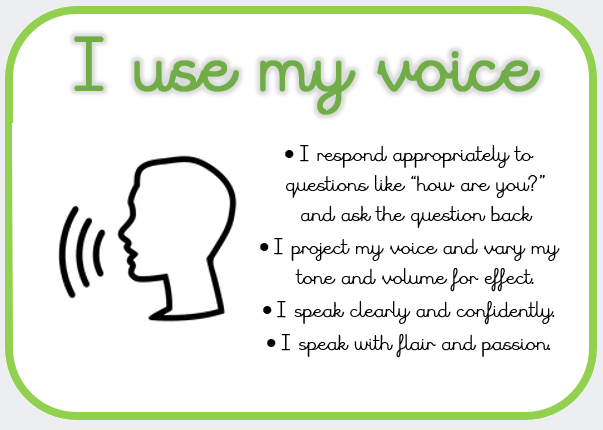
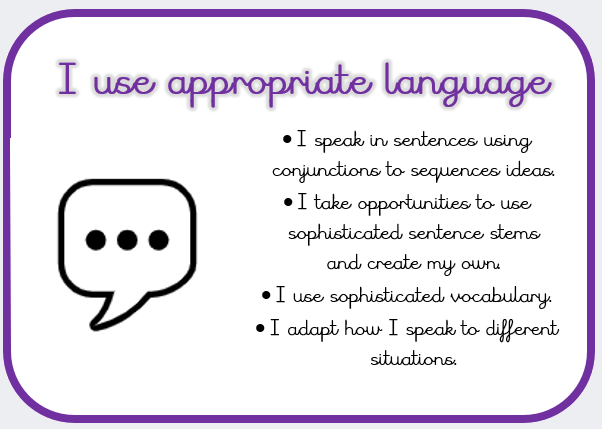
Discussion Roles and Sentence Stems
------------------------------------------------------------------------------------------------------------------------------
Key Documents
Writing Long Term Plan & Assessment Key Performance Indicators
Reading Long Term Plan & Assessment Key Performance Indicators
Marlborough Reading Long-Term Plan 2022/23
Phonics - Intent, Implementation and Impact
Reading - Intent, Implementation and Impact
Writing - Intent, Implementation and Impact
Oracy - Intent, Implementation and Impact



















